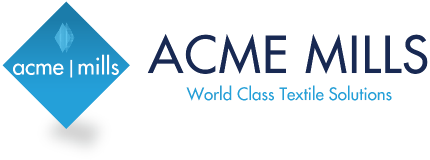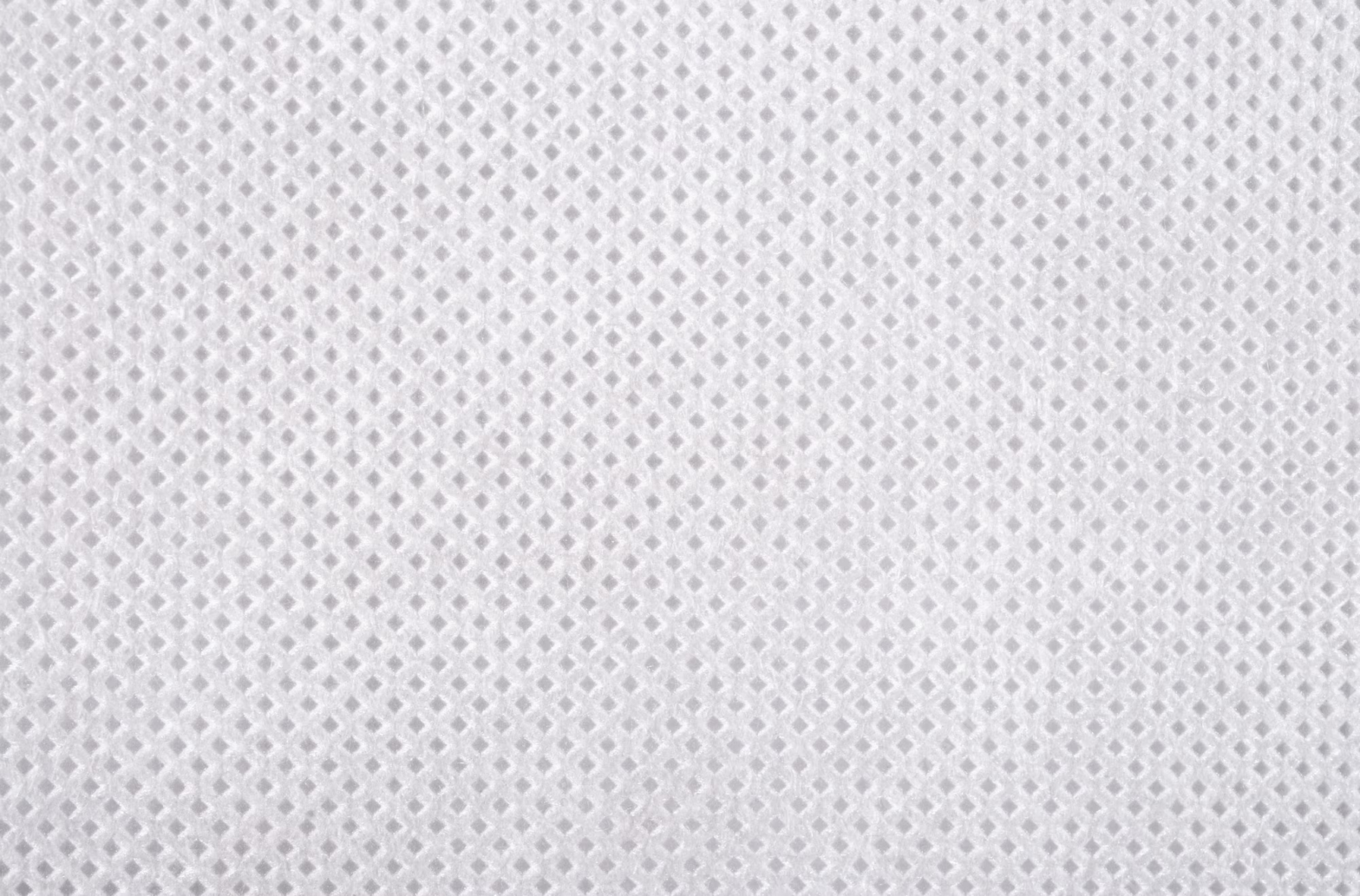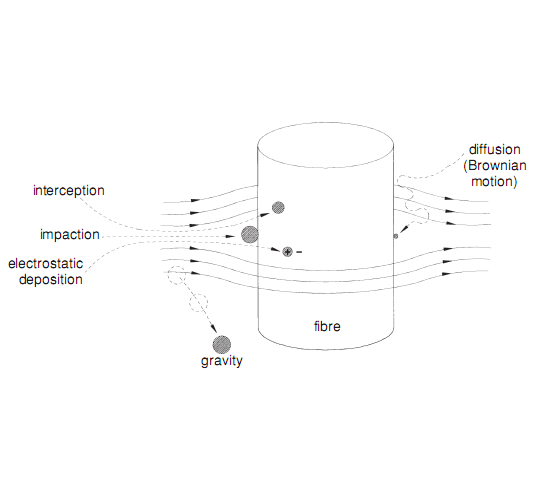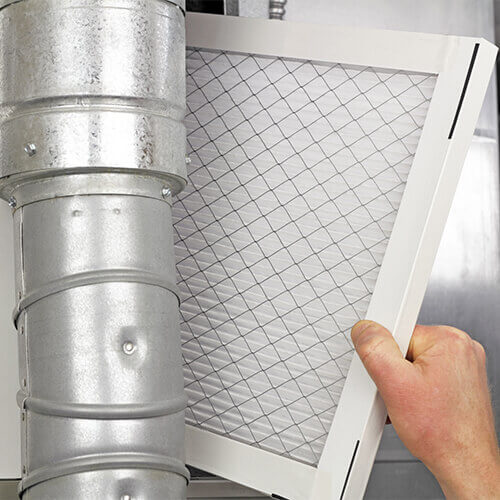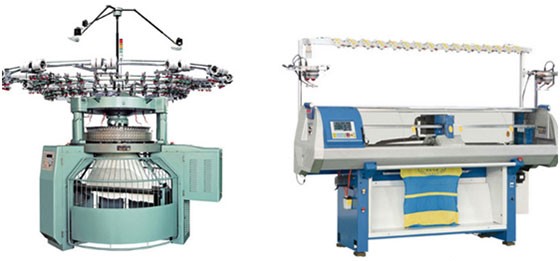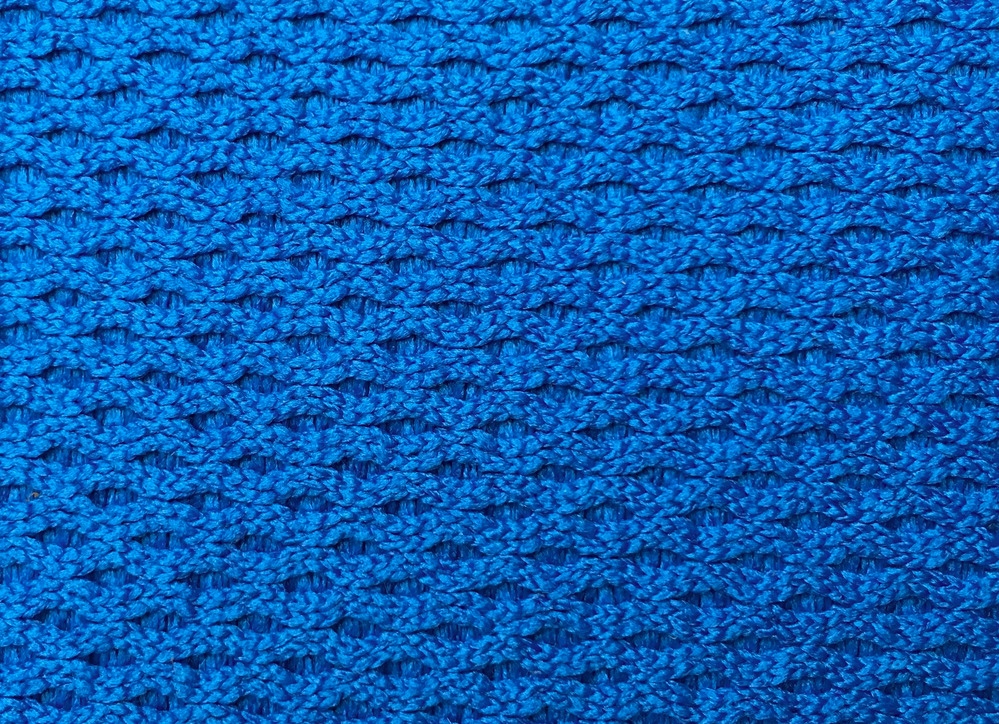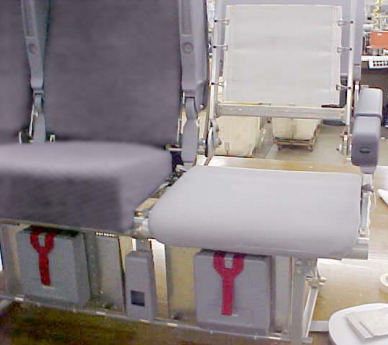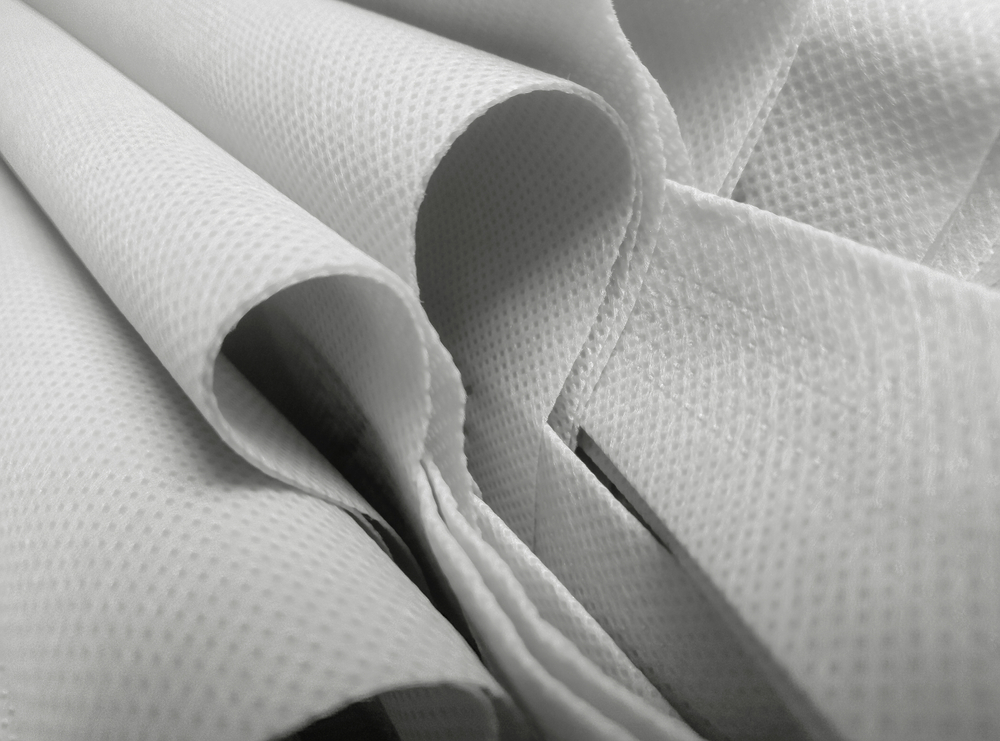Belt filter presses are used to remove water from liquid wastewater residuals and produce a non-liquid material referred to as “cake”. Dewatered residuals, or cake, vary in consistency from that of custard to moist soil. Dewatering serves the following purposes: A belt filter dewaters by applying pressure to the biosolids to squeeze out the water.… Continue reading Belt Filter Press
Author: Total Web Partners Admin
Nonwoven Fabrics Market Size is projected to reach USD 67.93 Billion by 2030, growing at a CAGR of 5.6%
The global Nonwoven Fabrics Market is predicted to witness substantial development during the COVID-19. As the 2019 coronavirus outbreak (COVID-19) pandemic is continually rising, international health care facilities have become overloaded by people requiring treatment and services that are possibly infectious. Demand for personal protective equipment such as gloves, facial masks, facial covers, and gowns,… Continue reading Nonwoven Fabrics Market Size is projected to reach USD 67.93 Billion by 2030, growing at a CAGR of 5.6%
Textiles in Filtration: Industrial Standards and Application for Dust Collection Systems
The separation of solids from liquids or gases by textile filter media is an essential part of countless industrial processes, contributing to purity of product, savings in energy, and improvements in process efficiency, recovery of precious materials and general improvements in pollution control. In fulfilling their tasks, the media may be expected to operate for… Continue reading Textiles in Filtration: Industrial Standards and Application for Dust Collection Systems
High performance textiles for industrial filtration
Industrial filtration operations involving textile filter media are found in the production of countless items that we encounter in our everyday lives, and yet more operations are engaged in protecting the environment. The chapter attempts to provide a brief overview of the filtration mechanisms that are involved both in industrial dust collection and solid–liquid separation… Continue reading High performance textiles for industrial filtration
Dymetrol Fabric Creates a Better Ride
Now-a-days, the automotive seating textile suppliers use special fabric such as Dymetrol that provides a comfortable and efficient ride. The automotive seating suppliers also provide woven and non-woven fabrics with multiple features to give you this ride. The most popular automobile manufacturers in the world have used these unique materials and finished seating products to… Continue reading Dymetrol Fabric Creates a Better Ride
What is the difference between circular knit and flat knit?
Circular knit is made with a machine that knits the fabric in a continuous circle (tube); the weight is “light.” The fabric is thin. T-shirt fabric is the best example of circular knit fabric. Circular knit fabric has a gauge of 12 to 22. The higher the gauge is, the thinner the fabric. Flat knit… Continue reading What is the difference between circular knit and flat knit?
More About Industrial Fabrics
Industrial fabrics are used in an extensive range of automotive, printing, belting, filtering and processing applications. Both synthetic and natural materials are used in the manufacture of industrial fabrics, which are woven, or knit, in a variety of patterns or produced in unwoven textures. Some of the materials used to create industrial fabrics include fiberglass… Continue reading More About Industrial Fabrics
Light-weighting of Automotive Seats!
The automotive seating suspension known as Dymetrol® is the award-winning solution for automotive seating. Dymetrol automotive seating materials provide unmatched comfort, weight savings, space savings, durability, and design flexibility.Recently, Dymetrol fabric has become the ideal solution to lighten up automotive seating as designers strive to remove weight from vehicles to meet the new CAFÉ standards.… Continue reading Light-weighting of Automotive Seats!
Importance of Industrial Textiles
Industrial textiles have been expressly developed and engineered to be used in goods, processes, or services primarily provided by industries other than textiles. Technical textile usually refers to any cloth created and employed for a non-decorative function. They are designed with performance in mind. It is possible to tailor industrial textiles to include any number… Continue reading Importance of Industrial Textiles
Increasing Demand For Textiles Is Expected To Boost Textile Chemicals Market Growth To A Rate Over 4 % As Per The Business Research Company’s Textile Chemicals Global Market Report 2022
The global textile chemicals market size is expected to grow from $23.45 billion in 2021 to $24.44 billion in 2022 at a compound annual growth rate (CAGR) of 4.23%. The growth in the market is mainly due to the companies resuming their operations and adapting to the new normal while recovering from the COVID-19 impact,… Continue reading Increasing Demand For Textiles Is Expected To Boost Textile Chemicals Market Growth To A Rate Over 4 % As Per The Business Research Company’s Textile Chemicals Global Market Report 2022
